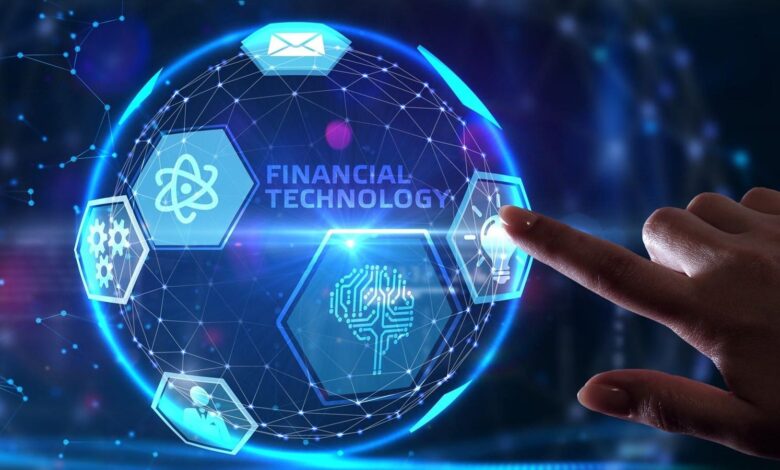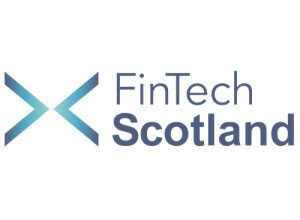The Biggest Fintech Trends In The Next 10 Years

The Biggest Fintech Trends In The Next 10 Years
If a week is a long time in politics, then ten years is an eternity in the world of technology.
I often write about tech trends that will be relevant in the near to mid-term, as these are most likely to be useful to my business clients. But sometimes, it’s interesting to look a bit further ahead.
Of course, it’s far harder to guess what will be important in ten years than what will be on the agenda over the next 12 months. But by extrapolating current trends we can still come up with some interesting ideas.
So, here’s what I believe will be the hottest topics of conversation around financial technology when 2035 is just around the corner rather than a dot on the distant horizon. Some are exciting, and some are more than a little scary – but all are real possibilities.
Autonomous Financial Ecosystems
Within a decade, it’s possible that AI will have evolved from its current role in assisting with financial decision-making and automating customer services to autonomously managing entire financial systems. Dynamic risk assessment, asset management, financial forecasting and fraud detection will no longer be carried out across disparate, siloed systems. Instead, they will be managed as integrated services, with advanced, centralized AI predicting and reacting to market movements, customer behavior and regulatory changes in real time.
Human intervention will be greatly reduced as these autonomous systems increasingly manage back and front-office services. Financial services institutions will offer hyper-personalized services to customers based on an intimate understanding of their individual circumstances. This will increase access to finance and investment opportunities for many currently under-served segments of the population. However, ethical concerns over privacy, data protection and the potential dangers of systemic bias being magnified by AI will be more pressing than ever.
Universal Digital Currencies
As we approach 2034, today’s cryptocurrencies, as well as experiments into central bank digital currencies (CBDCs) being carried out in many countries, may have resulted in a move towards mainstream adoption of universal digital currencies. Whether this is Bitcoin, which has grown steadily in popularity and value since it was introduced to the world in 2009, or some evolution of the blockchain technology at its core remains to be seen. As well as enabling individuals to carry out peer-to-peer digital transactions without the need for middleman services like banks or payment providers, digital currencies could open the way to “programmable money”, powered by smart contracts that execute automatically when preset conditions are met – for example when goods are received or a job is completed. Over the next 10 years, we will learn if and how these innovations will truly impact traditional financial systems and understand more about the opportunities they create for financial innovation.
The Virtual Economy
One thing we can count on is that over the next 10 years, we will continue to live increasingly online, connected lives. We will spend more time in virtual worlds and environments, and these places will develop their own economies and financial systems in parallel with the evolution of those in the ‘real world’.
Today, children are just as likely – perhaps more – to ask for Robux as they are for pocket money. The trend towards ownership of virtual real estate and digital assets is only likely to continue as online spaces become more immersive, accessible and integrated into our lives.
By 2035, entire virtual economies may have emerged, complete with currencies, financial systems and regulatory frameworks. These could be driven by user-generated content, virtual jobs (content creators, virtual architects, virtual event planners) blockchain-based transactional systems, and collaborative, immersive user experiences.
Quantum-Safe Finance
Over the next decade, the development of security systems capable of standing up in the face of immensely powerful quantum computer systems will become a priority. Quantum computers harness the strange and unusual qualities of quantum mechanics, such as entanglement and superposition, to carry out some calculations millions of times more quickly than conventional computers. This creates the risk that encryption systems in use today, such as RSA encryption, will be trivially overcome. While today’s quantum computers are expensive and limited in capability, by 2035, they could be many orders of magnitude more powerful and widely available. This means that developing methods to secure transactions and protect private information is a pressing priority for banks and financial services institutions and a hotbed of fintech activity and innovation.
The Rise Of Bio-Fintech And Neuro-Fintech
Fintech stands out as an industry that will almost certainly be revolutionized by the emergence of biotechnology and neurotechnology over the next decade. This could include financial tools and applications executed via brain-computer interfaces (BCIs), allowing us to transfer money with a thought and a handshake. Data and identity will be protected by increasingly sophisticated forms of biometric security, and biometric or neurological information will be used to enhance fraud detection or offer us personalized financial products. Clearly, this creates huge ethical challenges, and by 2035, society will be hotly debating how much access banks and other financial institutions should have to information on our biological makeup and even their ability to access our innermost thoughts.



